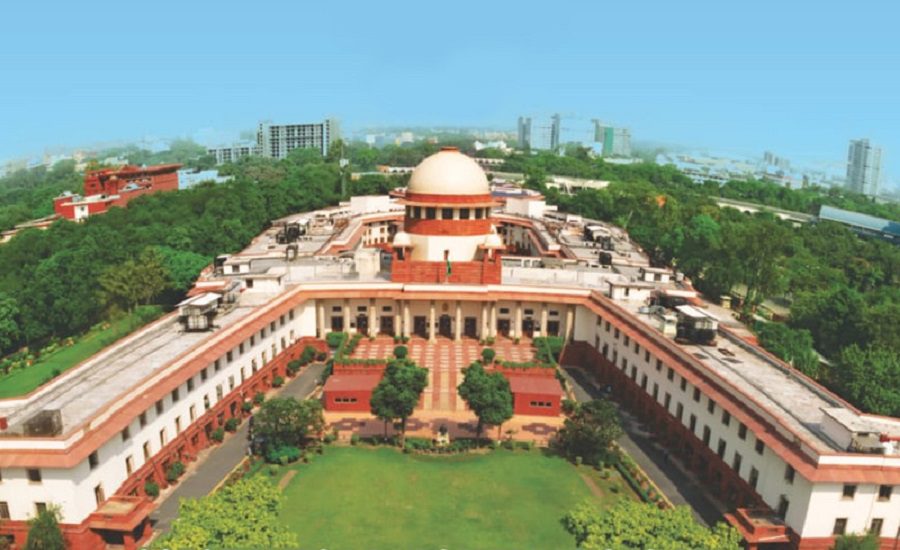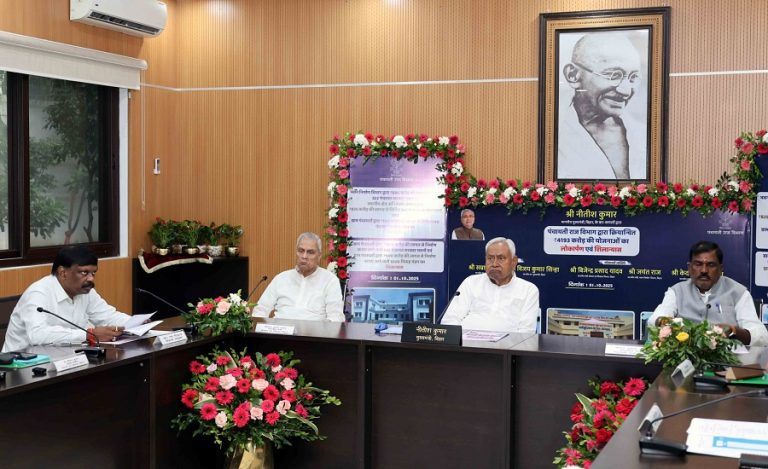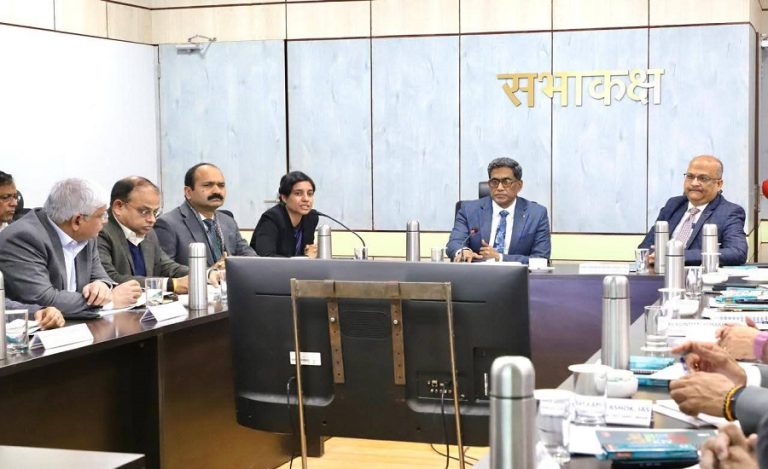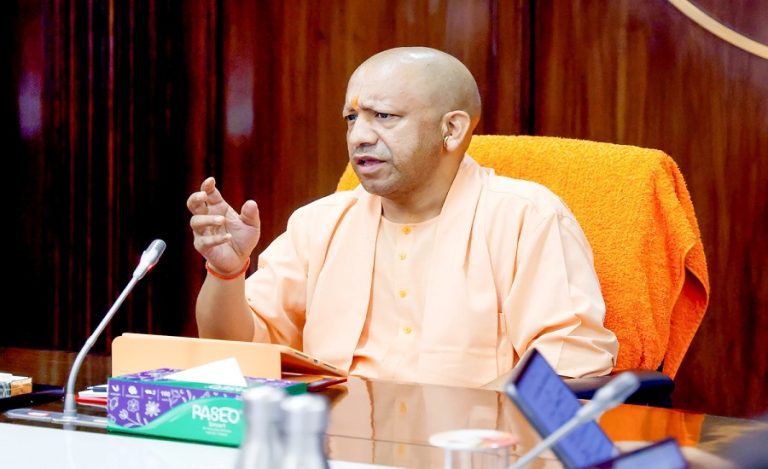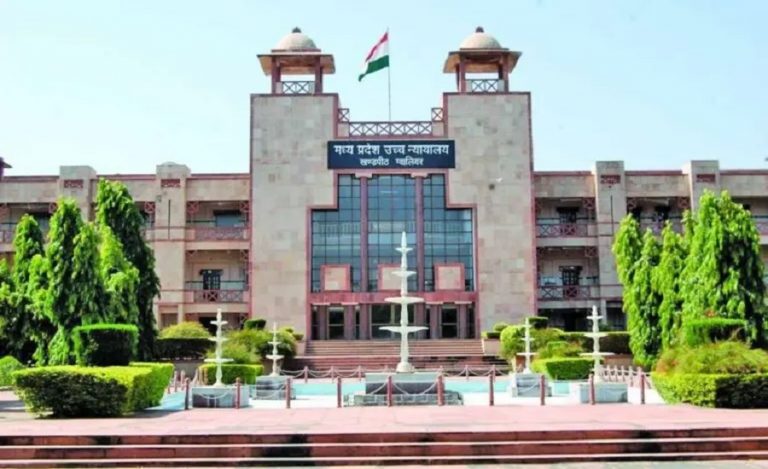New Delhi, June 27, 2025 — The Supreme Court has put on hold a directive by the Madhya Pradesh High Court mandating that all serious crime investigations in the state be supervised by teams led by IPS officers of Superintendent of Police (SP) rank or above. The apex court observed that such an order, though well-intentioned, could be impractical given the limited number of senior officers available in the state.
State Flags Practicality Concerns: Only 63 SP-Rank IPS Officers for 38,000+ Heinous Crimes
Appearing for the state, Senior Additional Advocate General Nachiketa Joshi told a bench of Justices K V Viswanathan and N Kotiswar Singh that Madhya Pradesh has only 63 SP-rank IPS officers, while more than 38,000 serious crimes are currently registered.
“If these officers are to personally supervise each heinous crime, it will severely impact their ability to fulfill other critical responsibilities,” Joshi argued.
High Court Sought to Curb “Careless and Sloppy Investigations”
The Madhya Pradesh High Court had earlier passed sweeping directions seeking to improve the quality of investigation in heinous offences, observing that such cases were often marred by lapses.
To address this, the HC had ordered the Director General of Police to form district-level supervisory teams comprising:
- One IPS officer not below the rank of SP to lead the team
- One officer of at least Sub-Inspector rank
The investigating officer (IO) was also directed to routinely update the team on progress, with the team and IO to be held jointly accountable for any lapses.
Supreme Court: Order Not Feasible, Asks for SOP Instead
The Supreme Court, finding merit in the state’s concerns, stayed the High Court’s directive, stating it was “not practically workable” with the available human resources.
The bench directed the Madhya Pradesh government to submit a Standard Operating Procedure (SOP) within three weeks, stating that:
“The state shall furnish the SOP without prejudice to its rights and contentions… to achieve the HC’s objectives while ensuring that senior-level manpower is effectively utilized.”
State Suggests Alternative: Supervision by DSP-Level Officers
Joshi suggested that investigations could instead be supervised by Deputy Superintendent of Police (DSP) or Sub-Divisional Police Officers (SDPOs). These officers are more readily available and could serve the purpose of plugging investigative gaps, while not overburdening top IPS officers.
A Balancing Act: Quality vs Capacity
The case underscores a broader challenge faced by law enforcement agencies across India—balancing quality supervision with realistic resource allocation. While the judiciary seeks to ensure accountable and thorough investigations, the ground-level staffing constraints often complicate implementation.
The Supreme Court’s interim relief reflects its pragmatic stance, offering the state government room to propose a workable alternative while aiming to uphold investigative integrity.

